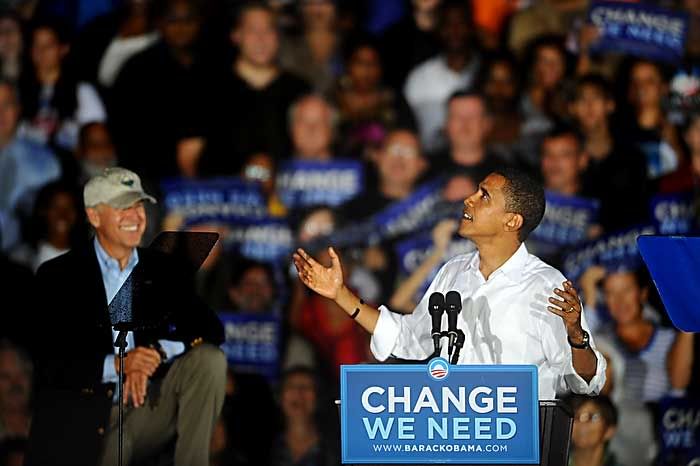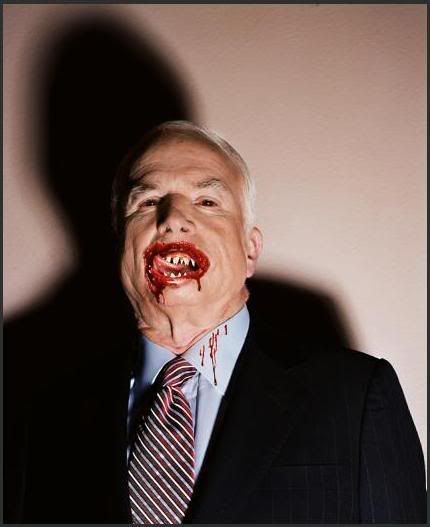It's a compromise, which incorporates the house GOP's insurance proposal as an alternative, while including all of the Democrats (and Obama's) requirements.SpeedingUptoStop said:wait, so they already reached the deal?
http://feeds.gawker.com/~r/consumer...congressional-negotiators-strike-bailout-deal
Is this the good deal or the house GOP deal?
http://talkingpointsmemo.com/news/2008/09/deal_reached_on_financial_mark.php
The plan calls for the Treasury Department to buy deeply distressed mortgage-backed securities and other bad debts held by banks and other investors. The money should help troubled lenders make new loans and keep credit lines open. The government would later try to sell the discounted loan packages at the best possible price.
At the insistence of House Republicans, some money would be devoted to a program that would encourage holders of distressed mortgage-backed securities to keep them and buy government insurance to cover defaults.
The legislation would place limits on severance packages for executives of companies that benefit from the rescue plan, but details were sketchy.
Also, the government would receive stock warrants in return for the bailout relief, giving taxpayers a chance to share in financial companies' future profits.
To help struggling homeowners, the plan requires the government to try renegotiating the bad mortgages it acquires with the aim of lowering borrowers' monthly payments so they can keep their homes.
The measure's main elements were proposed a week ago by the Bush administration, with Paulson heading efforts to push it through the Democratic-controlled Congress. Democrats insisted on greater congressional oversight, more taxpayer protections, help for homeowners facing possible foreclosure, and restrictions on executives' compensation.
To some degree, all those items were added.
At the insistence of House Republicans, who threatened to sidetrack negotiations at midweek, the insurance provision was added as an alternative to having the government buy distressed securities. House Republicans say it will require less taxpayer spending for the bailout.
But the Treasury Department has said the insurance provision would not pump enough money into the financial sector to make credit sufficiently available. The department would decide how to structure the insurance provisions, said Sen. Kent Conrad, D-N.D., one of the negotiators.
Money for the rescue plan would be phased in, he said. The first $350 billion would be available as soon as the president requested it. Congress could try to block later amounts if it believed the program was not working. The president could veto such a move, however, requiring extra large margins in the House and Senate to override.
















